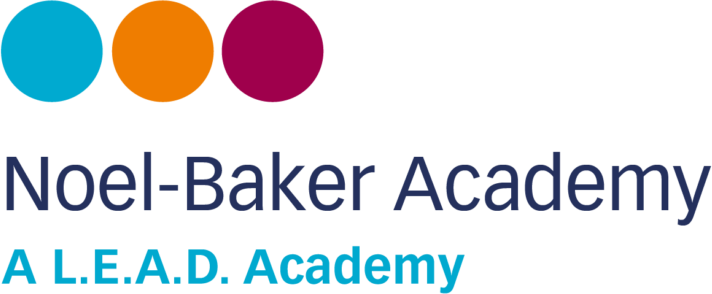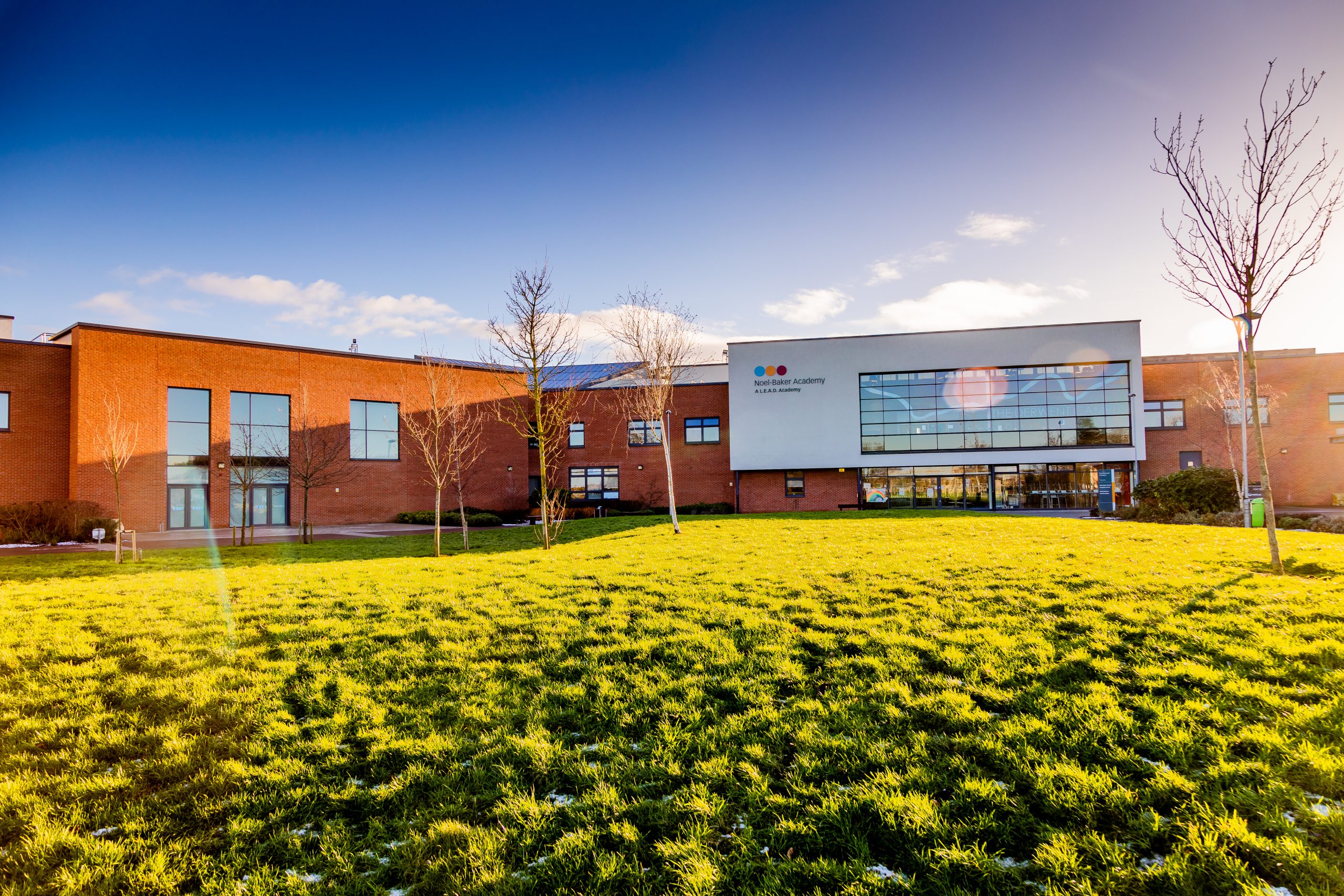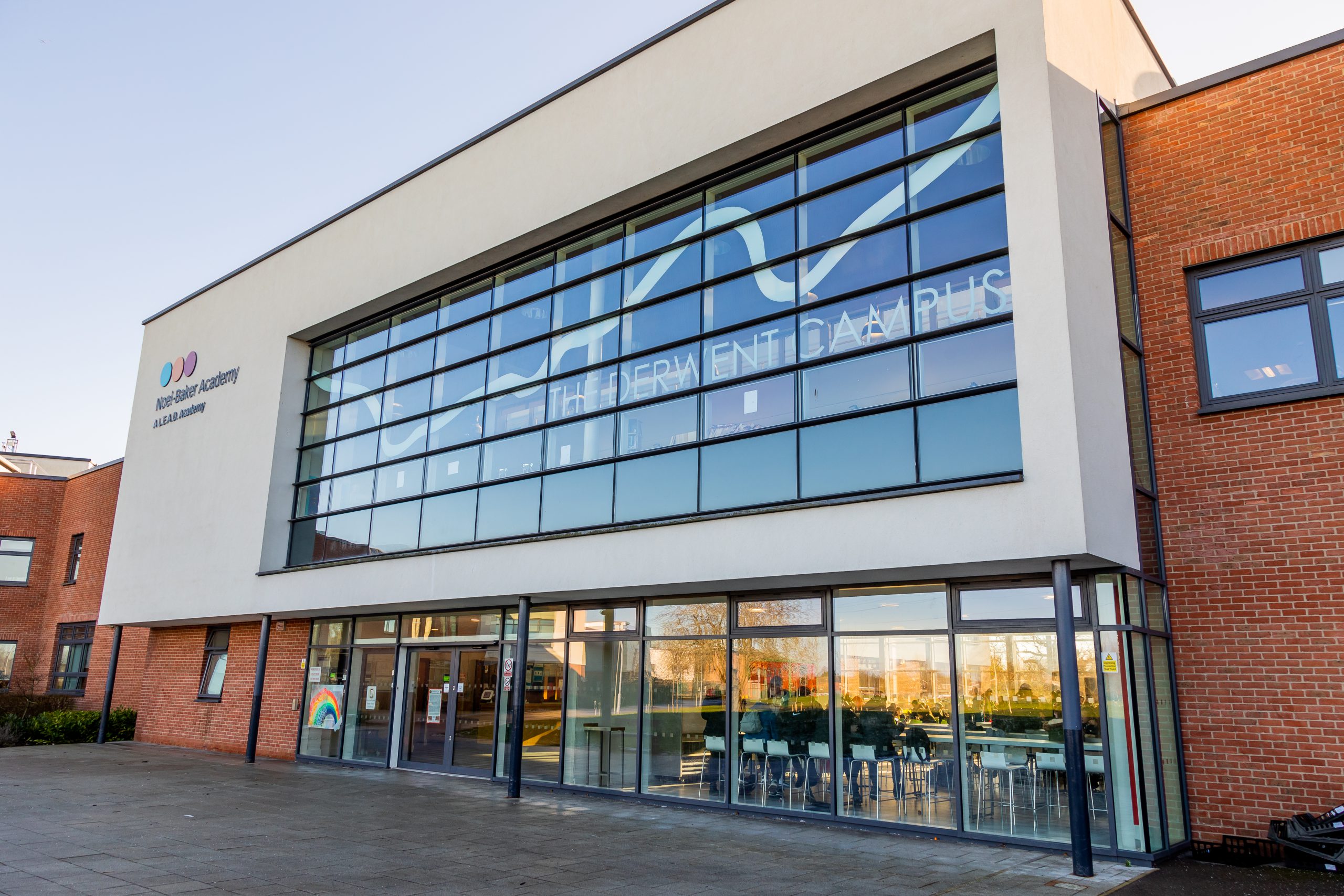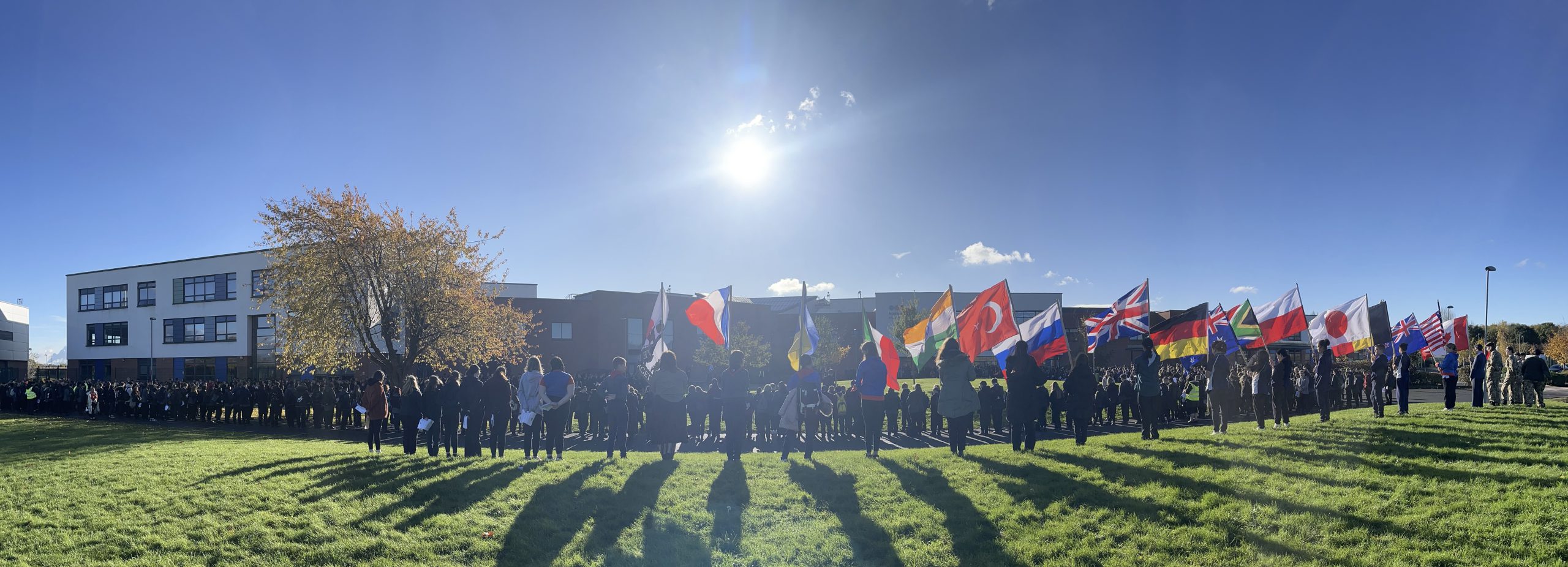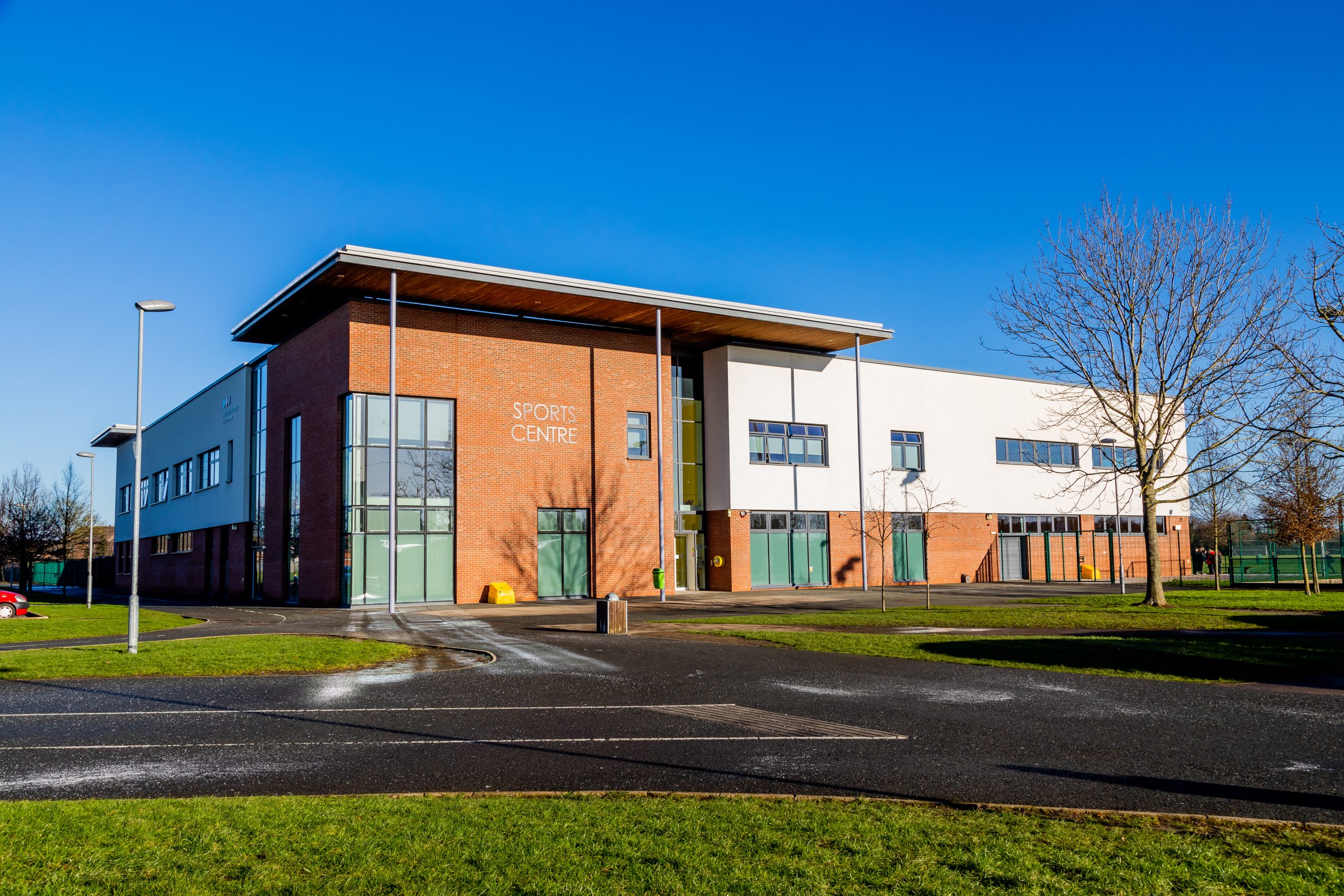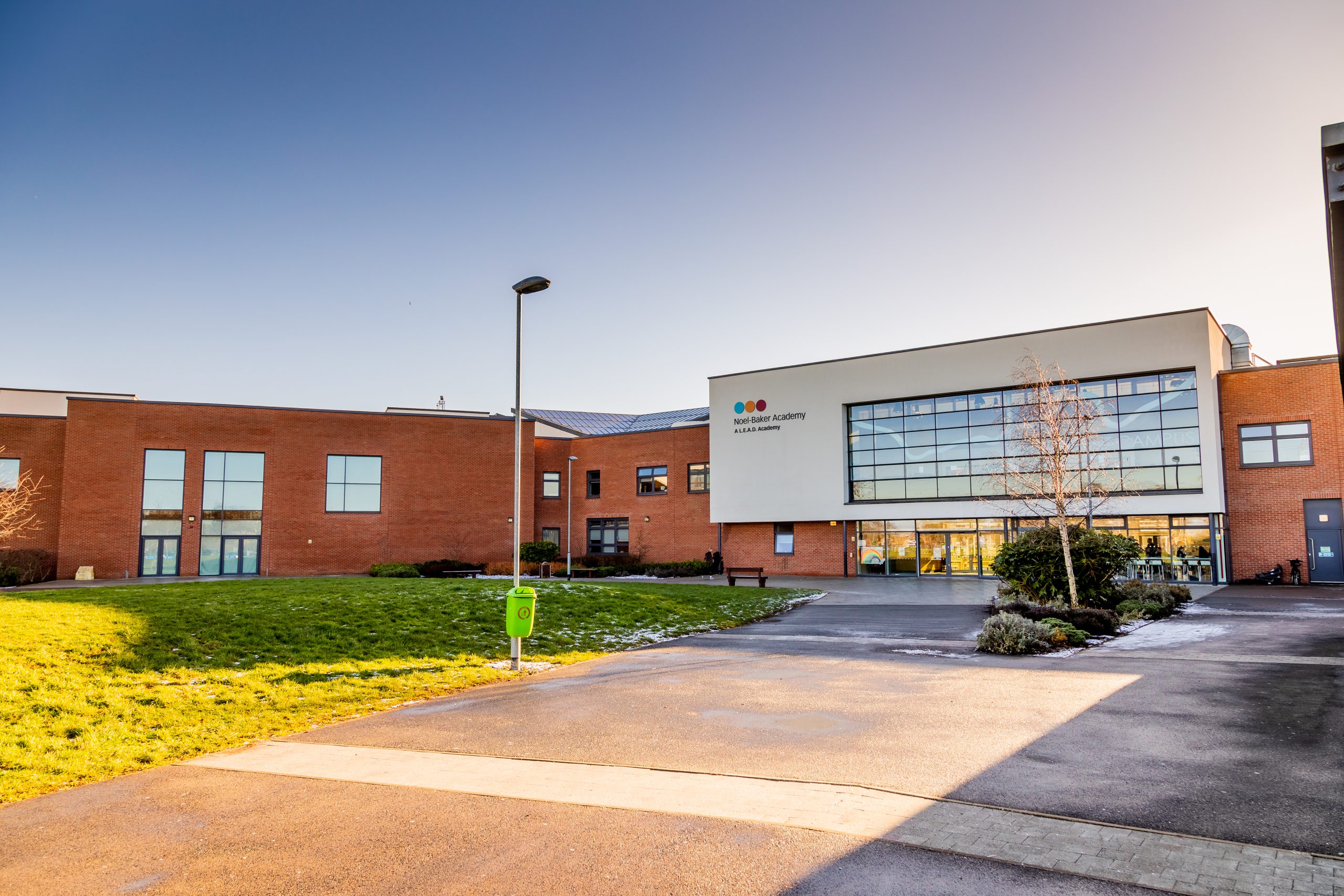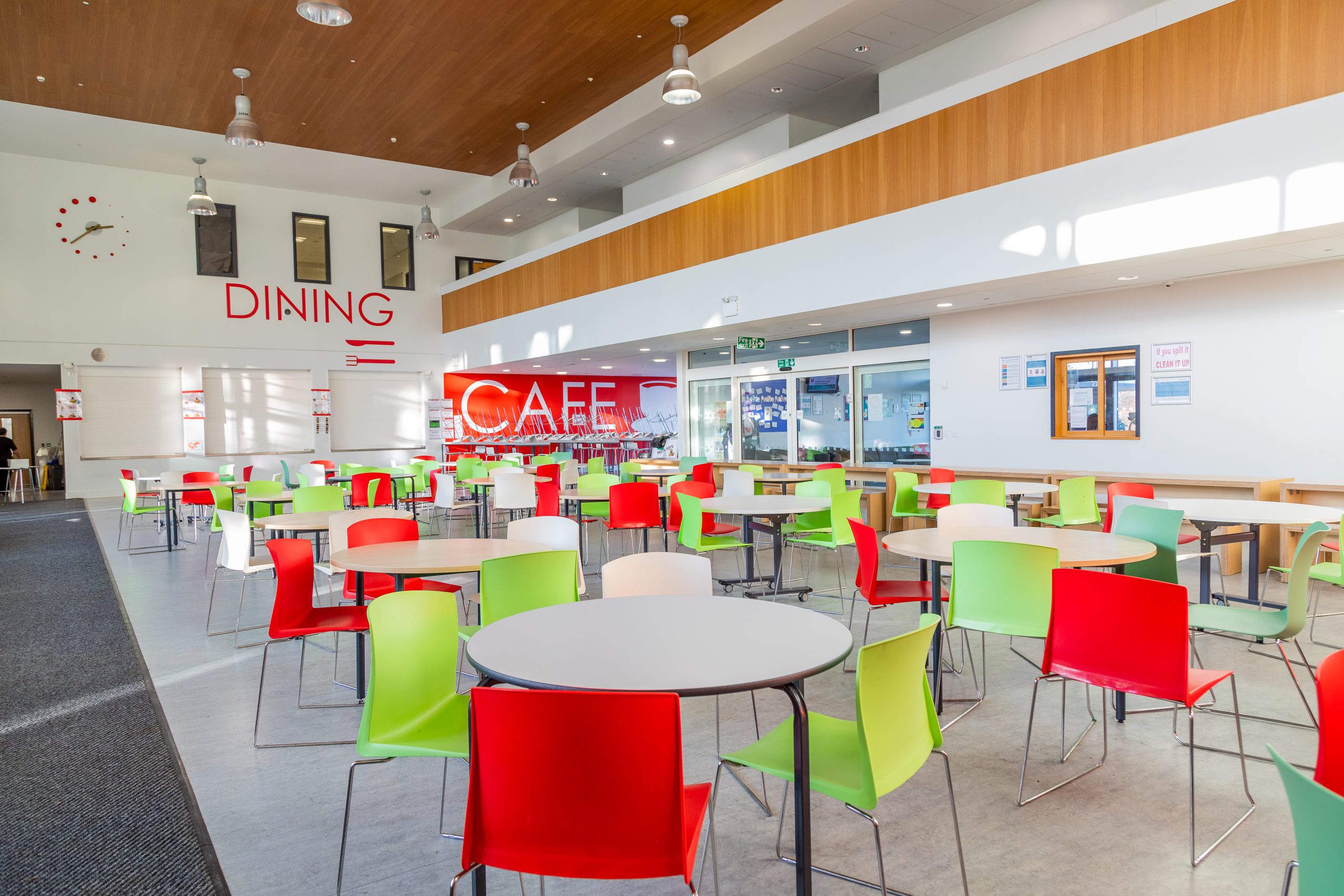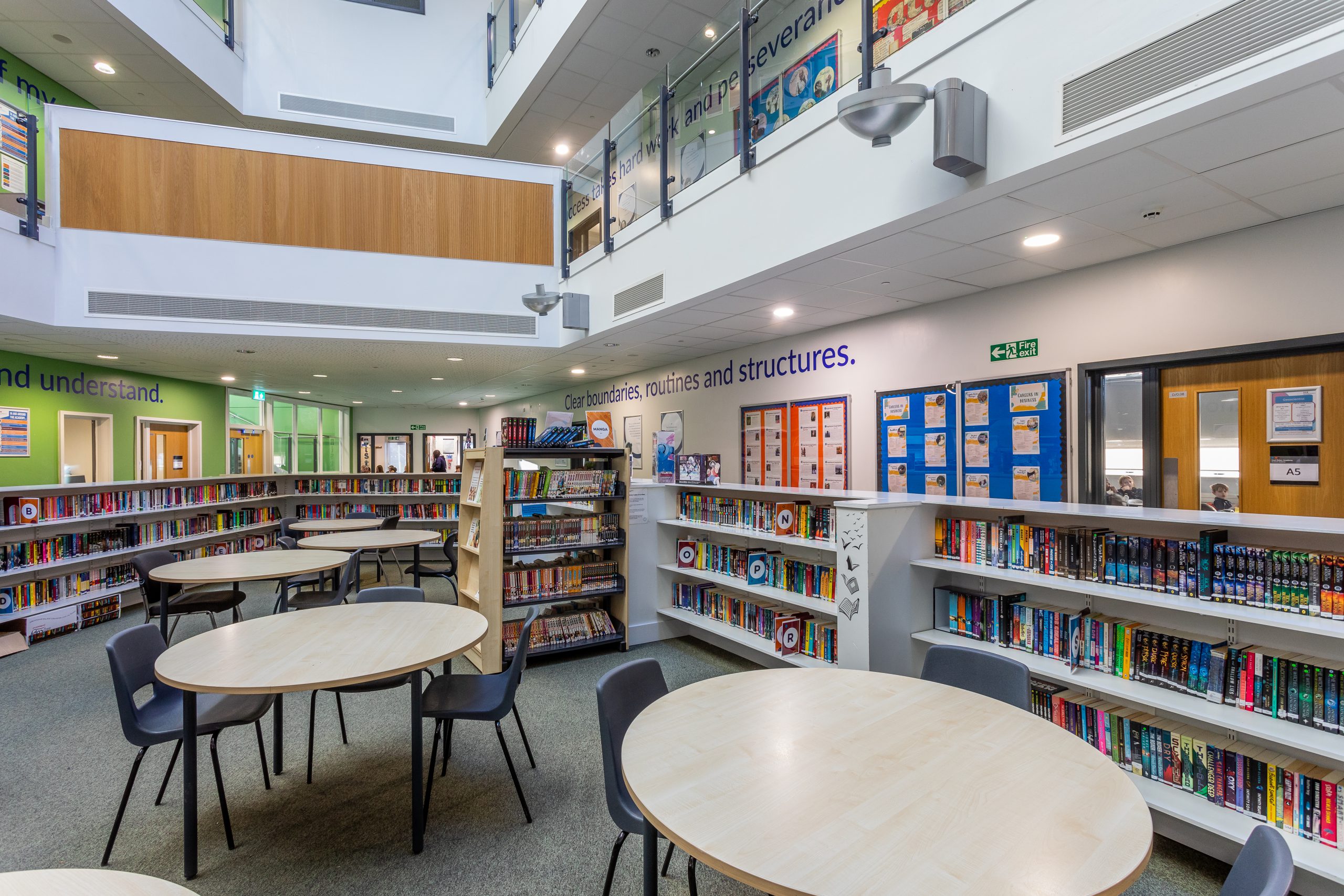Vocational qualifications at 16
Many providers offer a range of vocational courses like Applied General Qualifications, and Cambridge Technical qualifications. Further Education Colleges offer a large range of vocational courses at all levels, including the new Tech Levels which are Level 3 qualifications that will train you to do a job role.
By applying learning to real-life situations, these qualifications offer a more practical approach than traditional A-Level academic courses.
Different types of vocational qualifications
•Vocational subjects – related to a broad employment area such as business, engineering, IT, health and social care. Previously called BTECs and OCR Cambridge Nationals, if they are at Level 3 these are now called Applied Vocational Qualifications. These courses are offered in schools and colleges.
•Vocational courses – that lead to specific jobs such as hairdressing, accounting, professional cookery or plumbing. These courses are called Technical Level Qualifications [Tech Levels] and are offered mostly at colleges.
•Apprenticeships – apprenticeships offer training for a job while working for an employer, alongside study for an associated qualification. You get paid as you learn.
Vocational courses are designed to help you learn in a practical way about a specific job area. They can help you get the skills you need to start a job, progress in a career or go on to higher education.
If you know what job or job sector you want to go into you may want to study a vocational qualification.
There are many different types of vocational qualifications in a wide range of subjects at all levels, from Entry Level right up to Level 8.
Different vocational course options:
Job Related Subjects
Vocational subjects are general qualifications that develop practical skills and knowledge related to a broad job area such as Business, Engineering, IT and Health and Social Care. They are offered in both schools and colleges. They include a significant amount of classroom-based activities. Assessment is usually by both written course work and practical examinations. These qualifications are known as Applied General Qualifications and can be taken on their own or alongside other qualifications such as A levels. Examples of these qualifications include BTEC and Cambridge Technicals.
Courses that prepare you for a specific job
These vocational courses provide specific job related training and qualifications such as in plumbing, hairdressing or catering. They are offered at Further Education Colleges. They are usually very practical and involve learning in real situations, with real customers, such as cutting hair in the college salon which will be open to the public, cooking for paying customers in the college restaurant or installing bathrooms in the plumbing workshops. There is lots more information on courses that prepare you for a specific job.
Apprenticeships
If you work towards a specific job as an apprentice you will do a combination of technical and professional qualifications either online or in a college setting and also be assessed on your skills and competence in the work place.
T Levels
The government has introduced new T level qualifications which will be equivalent to A levels. These will be offered in a range of vocational areas and delivered by colleges in partnership with local employers. They will enable students to progress on to higher level apprenticeships or university.
You can find out more about T Levels here.
You can see which ones are on offer near you.
Eventually, students will be able to take a T Level in the following subject areas:
•accountancy
•agriculture, land management and production
•animal care and management
•building services engineering
•catering
•craft and design
•cultural heritage and visitor attractions
•design and development
•design, surveying and planning
•digital business services
•digital production, design and development
•digital support and services
•education
•financial
•hair, beauty and aesthetics
•health
•healthcare science
•human resources
•legal
•maintenance, installation and repair
•management and administration
•manufacturing, processing and control
•media, broadcast and production
•onsite construction
•science
When can I take a vocational qualification and where will they lead?
Some schools offer vocational qualifications alongside your GCSE subjects. However, vocational qualifications are mainly for 16 to 19 year olds.
Vocational qualifications have been designed in partnership with employers, universities and professional or trade organisations – this means that you can develop the skills that employers want. You can also acquire the knowledge needed to progress to a higher level – such as degree level courses or apprenticeships.
Careerpilot has information on lots of different job sectors. Each sector has hundreds of job profiles explaining what is involved, what you will earn, routes into the job, etc.
How do they compare?
•Level 1 vocational qualifications build confidence and help people prepare for further learning and work.
•Level 2 vocational qualifications are the equivalent of GCSE grades 9 to 4.
•Level 3 vocational qualifications are equivalent to A levels.
•Level 4 and 5 vocational qualifications are equivalent to a Foundation Degree.
•Level 6 vocational qualifications are equivalent to an honours degree.
